Bioinformatics: Where Biology Meets Computer Science
Ever wondered how scientists analyze the vast amounts of data hidden within our DNA? Or how new drugs are designed? The answer lies at the intersection of biology and computer science: bioinformatics. This exciting field uses computational tools and techniques to understand and interpret biological data, unlocking groundbreaking discoveries that are transforming healthcare, agriculture, and our understanding of life itself.
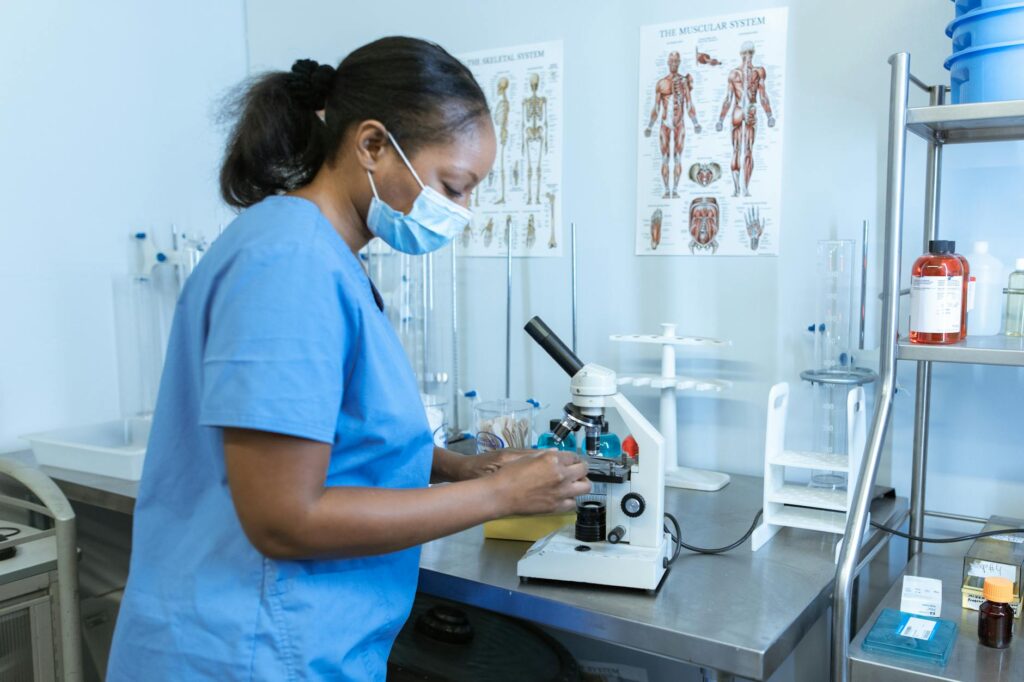
What Exactly is Bioinformatics?
Bioinformatics is more than just crunching numbers; it’s about extracting meaning from complex biological systems. Imagine DNA as a complex instruction manual for building and running a living organism. Bioinformatics provides the tools to read, interpret, and even edit this manual. It involves developing and applying computational methods to analyze biological data, such as DNA sequences, protein structures, and gene expression patterns. This interdisciplinary field combines elements of computer science, statistics, mathematics, and biology to address critical questions in modern biology.
The Power of Data in Biology
The sheer volume of biological data generated today is staggering. Next-generation sequencing technologies can unravel an entire human genome in a matter of days, producing gigabytes of data. Making sense of this information requires powerful computational tools and algorithms, which is where bioinformatics comes in. By analyzing these massive datasets, bioinformaticians can identify disease-causing mutations, understand evolutionary relationships, and even design personalized therapies.
Key Applications of Bioinformatics
- Genomics: Analyzing entire genomes to understand the genetic basis of disease, evolution, and other biological processes.
- Proteomics: Studying the entire set of proteins in an organism to understand their functions and interactions.
- Drug Discovery and Development: Identifying drug targets and designing new drugs using computational modeling and simulations.
- Personalized Medicine: Tailoring treatments to individual patients based on their genetic makeup and other factors.
- Agriculture: Developing disease-resistant crops and improving livestock breeding programs.
The Impact of Bioinformatics on Healthcare
Bioinformatics is revolutionizing healthcare by providing new tools for diagnosis, treatment, and prevention of diseases. For example, by analyzing a patient’s genome, doctors can identify genetic mutations that increase their risk of developing certain cancers or other diseases. This allows for early intervention and preventative measures. Bioinformatics is also playing a crucial role in the development of personalized medicine, where treatments are tailored to the individual patient’s genetic profile, leading to more effective and targeted therapies.
“Bioinformatics is not just about analyzing data; it’s about transforming data into knowledge that can improve human health and well-being.”
The Future of Bioinformatics
The future of bioinformatics is bright, with exciting advancements on the horizon. As technologies like artificial intelligence and machine learning become more sophisticated, they will play an increasingly important role in analyzing and interpreting biological data. This will lead to even more powerful tools for understanding the complexities of life and developing new solutions to global health challenges. The field is also expanding into new areas such as synthetic biology, where bioinformaticians are designing and building new biological systems with specific functions.
Getting Started with Bioinformatics
If you’re interested in exploring the world of bioinformatics, there are numerous resources available. Online courses, university programs, and workshops offer opportunities to learn the fundamentals and delve into specific areas of interest. The field is constantly evolving, so a passion for learning and a willingness to embrace new technologies are essential.
Conclusion
Bioinformatics is a dynamic and rapidly growing field with the potential to transform our understanding of life and improve human health. By bridging the gap between biology and computer science, bioinformatics is unlocking the secrets of life, one byte at a time.



 The Ethics of AI Content: Bias, Truth, and Ownership
The Ethics of AI Content: Bias, Truth, and Ownership  Serverless Architecture: The Ultimate Guide for Developers
Serverless Architecture: The Ultimate Guide for Developers  AI Translating Ancient Texts: A Digital Rosetta Stone
AI Translating Ancient Texts: A Digital Rosetta Stone  Improving Mental Health Diagnostics with Technology
Improving Mental Health Diagnostics with Technology  How Tech Creates More Inclusive Banking for All
How Tech Creates More Inclusive Banking for All  Beyond Passwords: The Future of Authentication Is Here
Beyond Passwords: The Future of Authentication Is Here 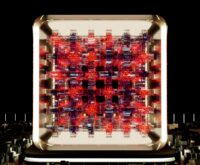 Backtest Crypto Trading Strategies: A Complete Guide
Backtest Crypto Trading Strategies: A Complete Guide 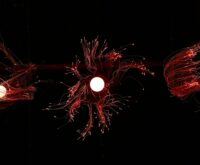 NFT Standards: A Cross-Chain Guide for Creators & Collectors
NFT Standards: A Cross-Chain Guide for Creators & Collectors  Decentralized Storage: IPFS & Arweave Explained Simply
Decentralized Storage: IPFS & Arweave Explained Simply 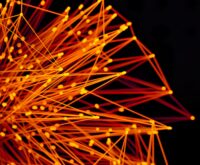 How to Calculate Cryptocurrency Taxes: A Simple Guide
How to Calculate Cryptocurrency Taxes: A Simple Guide 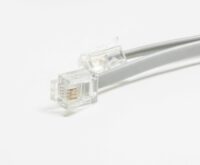 Your Guide to Music NFTs & Top Platforms for 2024
Your Guide to Music NFTs & Top Platforms for 2024  TradingView for Crypto: The Ultimate Trader’s Guide
TradingView for Crypto: The Ultimate Trader’s Guide